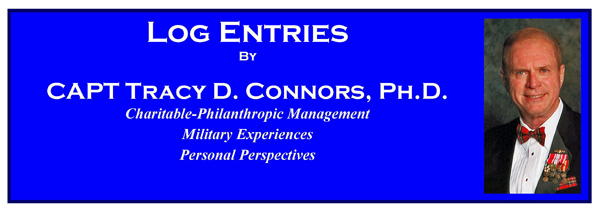“All of America’s veterans have placed the nation’s security before their own lives. Their sacrifice creates a debt that America can never fully repay…. And we will not stop searching until we have accounted for every soldier and sailor and airman and Marines [sic] missing in the line of duty.” President George Bush, 11 November 2005
Massachusetts town says after 55 years it’s “time to bring Ensign Ron Eaton home.”
One out-of-patience little town in Massachusetts, wants its sister hometowns across America to ask Washington: “Isn’t it about time that you brought our Korean War KIA’s home?”
Time to end the shameful 2 1/2 year government ban–“don’t ask, don’t search“–on repatriating remains of KIA’s from the Korean War
America’s service men and women swear to uphold the Constitution and to defend America against all enemies foreign and domestic.
All too often, in defending America, our service men and women have to go in harm’s way. Sometimes defending Freedom means putting their lives on the line. Sometimes, the young life of our service men and women is the price they pay so that we can enjoy the benefits, freedoms and opportunities of living in America.
None of them expect that it will be them whose life may be required. All of us who served in uniform believe that if an “ultimate sacrifice” is required, that it will be the other unlucky so-and-so who doesn’t make it back home. Nevertheless, on many levels, we are comforted with America’s “strategy” about its service men and women, that if we become missing from our “units, are captured, or die while serving our Nation in combat, every effort will be made to see they are recovered and returned with all the dignity and honor they deserve.”
That is stated policy and it is often repeated, especially during speeches on memorial days.
Fact is, sometimes it’s true, sometimes the “promise” rings hollow.
Bringing home the remains of our KIA service men and women is a given when America controls the territory in which the action took place. It’s more problematic when the territory in which the deceased was buried belongs to another nation.
Acknowledging the challenges to negotiating with another country, often one having strained relations with the United States, what is expected by the families of deceased service personnel interred on foreign soil is on-going communication with that government regarding when, where and how to search for the remains of U.S. service personnel.
When our government ceases to even discuss such searches for years on end, that in-action calls into question our government’s commitment to recover KIA remains and to return them to their families with all the dignity and honor they deserve.
According to information posted on this government web site it has been over two years since the U.S. government even asked to talk to the North Korean government about conducting searches for KIA U.S. service men from the Korean War. In effect, the U.S. government has a “don’t ask, don’t search” policy in effect for Korean War KIA servicemen.
The information I found and what it means to service men and women, past and present.
I believe it will come as a surprise to all, especially to our aging veterans of the Korean War, to find that the families of these heroes are being made to wait for possible closure for years to come…unless something is done to change the current policy.
If you believe the U.S. government should be actively engaged in recovering the remains of U.S. servicemen killed in the Korean War, contact your veterans organization or your Federal representatives.
